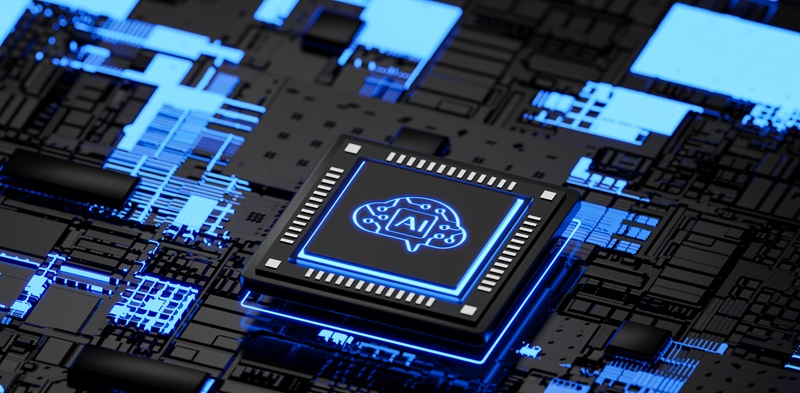Samsung Electronics is making significant strides in the semiconductor domain, having recently secured a pivotal yet undisclosed contract to produce an AI chip using their cutting-edge 2nm technology. This advancement represents a substantial leap forward for the tech giant, as it delves deeper into the ultra-competitive sector of chip manufacturing. With their latest foray into 2nm chips, Samsung is positioning itself at the forefront of an industry that is vital to the modern digital era. Although the identity of the partner remains confidential, the deal itself is a clear indicator of the shifting landscape within the semiconductor industry, marking a potential shift in the balance of power. The new AI chip endeavor by Samsung could herald a new phase of innovation and efficiency, further cementing the company’s role as a key player in the global tech narrative.
Emergence of Next-Gen Semiconductor Technology
Samsung’s aspirations in the semiconductor domain are propelled by its forthcoming 2nm SF2 process technology. This exemplar of ingenuity employs a novel gate-all-around (GAA) design, which introduces the groundbreaking MBCFET (Multi-Bridge Channel Field Effect Transistor) innovation. In its race to reach unparalleled heights, Samsung has projected the advent of this 2nm technology for the year 2025. The quantum leap it represents is quantified by a sanguine 25% increase in efficiency at matched clock speeds relative to its 3nm predecessor. Additionally, it assures a 12% performance augmentation at consistent power quotients and a 5% reduction in chip area.
The stage is set for this nascent process to first find its calling within the smartphone arena, which has habitually been at the cutting edge of adopting novel semiconductor technologies. However, Samsung casts a visionary gaze beyond mere phones; the 2nm technology will, in subsequent turns of the evolutionary wheel, power more demanding computational analytics and applications. Speculations swirl around its potential deployment in PC hardware, a groundbreaking stride that may reconfigure performance benchmarks and extend Samsung’s semiconductor empire farther into the expansive realms of computing.
Samsung’s Strategic Market Positioning
Samsung’s maneuvering in the cutthroat semiconductor sector is closely watched, as it rivals titans like TSMC and Intel. TSMC, semiconductor royalty, might supply Apple with 2nm chip technology for its upcoming iPhones and advanced M-series processors. This potential partnership casts a long shadow over Samsung’s own pursuits in the 2nm chip race.
Intel, a longstanding powerhouse, waits in the wings with its 20A (2nm equivalent) technology poised to enter the fray. It’s not just about innovation and tech supremacy; the financial stakes are immense. Rumors suggest Samsung possibly slashing wafer prices to tempt customers from TSMC and Intel’s strongholds.
This triple-threat dynamic could dictate the semiconductor market’s direction for years to come. Samsung’s foray into 2nm chip production isn’t just a tech milestone—it’s a calculated gambit in the intense competitive game of the semiconductor sector. How this plays out could redefine the future of these tech giants and the entire industry.

